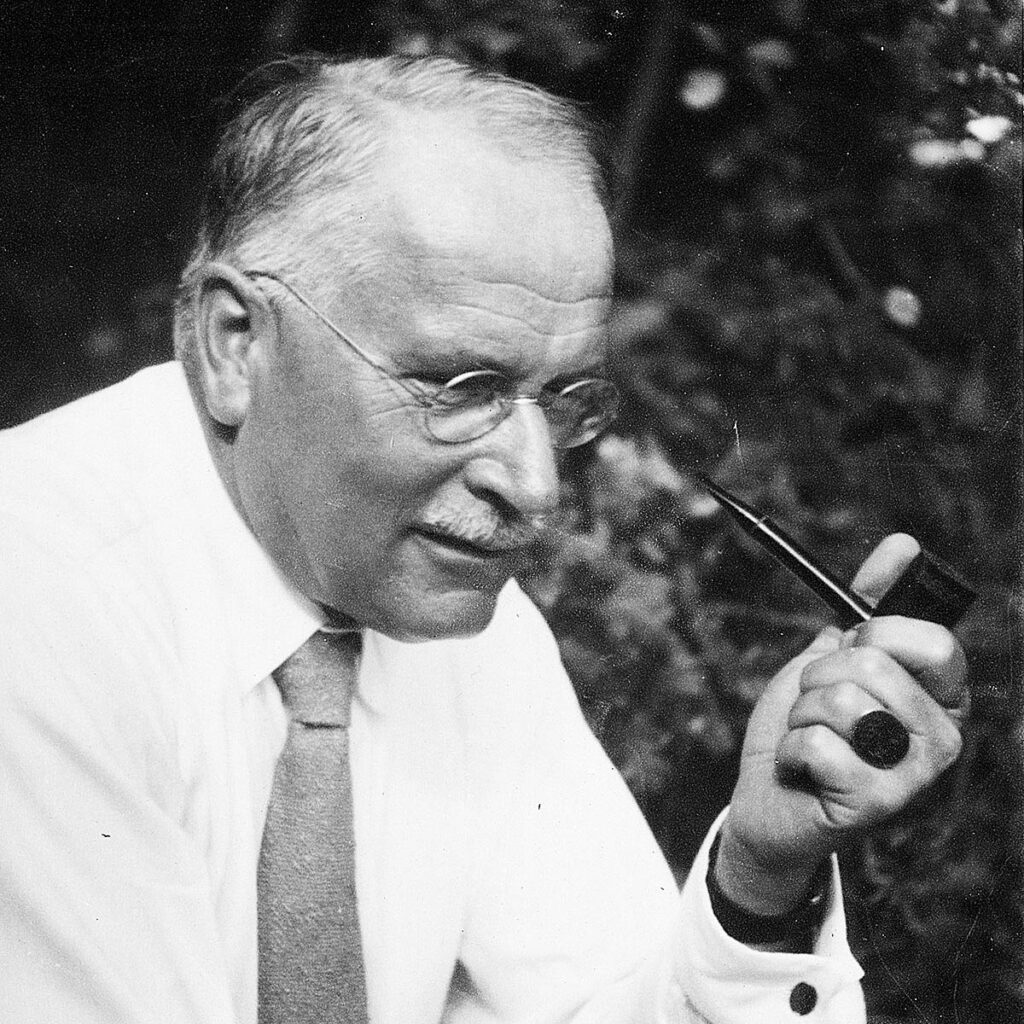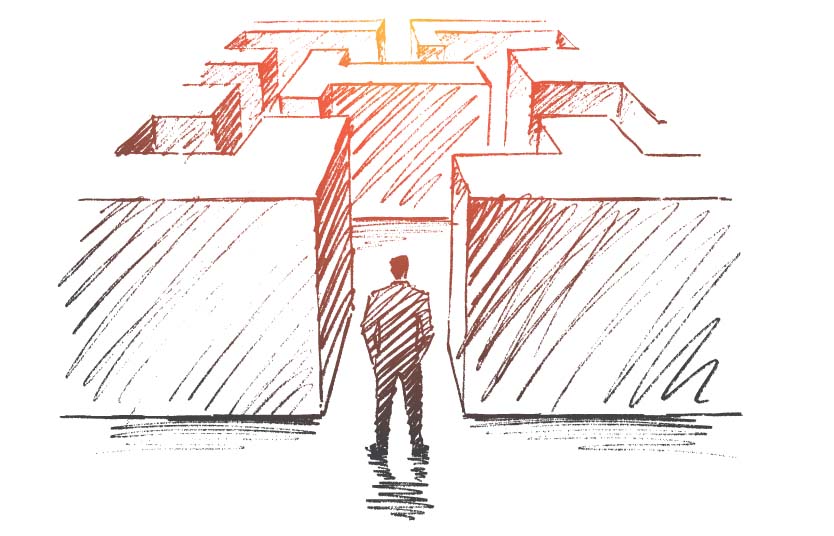About therapy
I come from a Jungian background and thus Jung’s ideas about the structure of the psyche deeply informs my practise, although regardless of one’s approach research is emphatic that what is most important in therapy is to have a good feeling-connection between therapist and client, regardless of theoretical underpinnings.

Carl Gustav Jung

Jung was the fist psychotherapist to insist that the psychotherapist him or herself must have had a thorough analysis themselves and in line with this I have had many hundreds of hours of training analysis and personal therapy. There are many ways for a psychotherapist to imagine their client, as is born out by the literally hundreds of theories and modalities available in the psychotherapy marketplace. Each of them contains something valuable and I remain open to different approaches. My training in Jungian psychology, systemic family constellations, systemic ritual, group work and relational body psychotherapy all inform the way I practise my work. I would say that central to my work, however, is an appreciation of the deep healing wisdom contained in dreams and also a trust in the relational qualities that both parties in a therapeutic alliance develop and bring to the fore as the work proceeds.
Crises in life are often a call for us to grow in ways that were unimaginable before and the psyche often responds to such crises by sending dreams for us to think deeply about and unravel. Many people think of dream interpretation and dream-work as quite a modern phenomenon starting with Freud. However, there are traditions of healing work with dreams that go back thousands of years before the advent of modern psychology. There is a deep wisdom within the psyche and this is what we access when we work with dreams in a therapy setting.
It is not essential to bring dreams to therapy, as there are many ways to access the healing function of the psyche in a one-to-one therapy setting. Being listened to, responded to and truly understood by someone capable of deep empathy facilitates healing in itself.I believe the relationship that develops between a person and their therapist, over time, can reveal hidden layers of the personality and present possibilities for healing that would be unimaginable in any other setting. We always live in relationship, and by listening deeply to how we are when we are relating, we can question and unravel our patterns and throw new light on who we actually are and how we have all along been trying to be this person that we actually are. We can get to the soul of ourselves.
Another way to access our own hidden healing capacities is through paying attention to our bodies. Our bodies often hold a lot of our sufferings and by becoming aware of this and examining our own body states in relationship we can begin to unravel a story that our bodies are trying to tell us. Where there is agreement with the client the therapeutic use of touch can facilitate deep realisations and changes of perspective.
